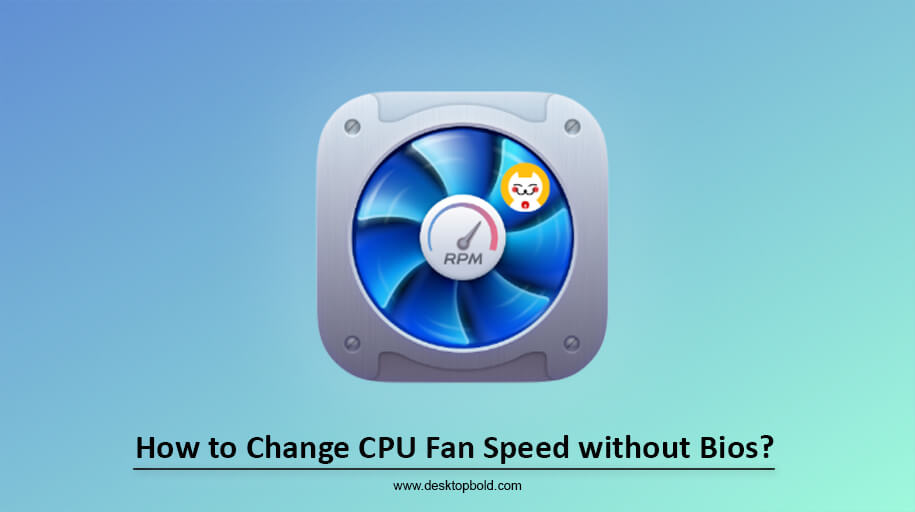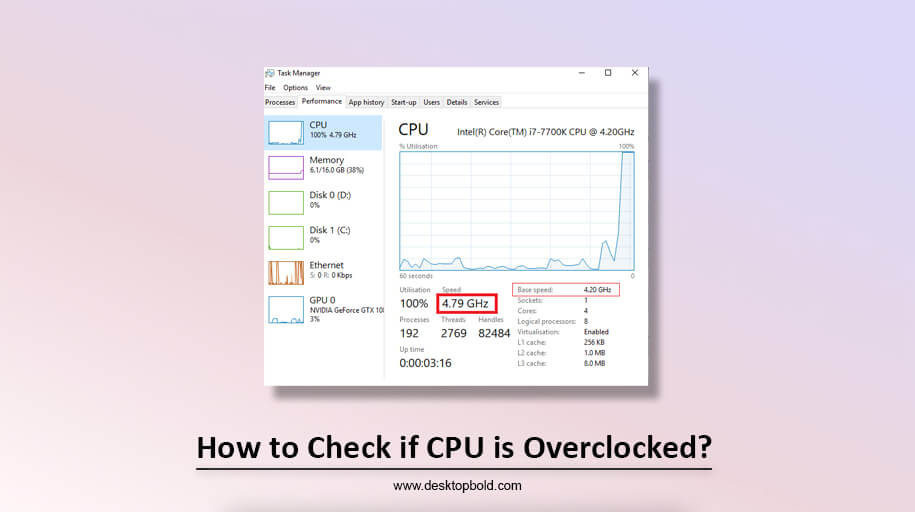Chrome is a resource-intensive browser that uses a significant amount of a computer’s CPU due to its many features and the number of tabs and extensions running. Websites with heavy scripts, ads, and videos can also cause increased CPU usage. Chrome also has a prerendering feature, which can cause increased CPU usage as it loads pages in the background. Running Chrome on an older or underpowered computer can also contribute to high CPU usage. Some malware can also cause high CPU usage when using Chrome. To reduce CPU usage, you can close tabs or extensions, disable prerendering, and run a malware scan on your computer. Why Chrome is used will be discussed in detail below.
Running many tabs
Yes, that is correct. Running many tabs or extensions can increase CPU usage because each account or extension runs its process, consuming a significant amount of memory and CPU resources. This is especially true for tabs running heavy scripts, ads, and videos. Each charge also runs its instance of the JavaScript engine, which can consume many CPU resources. The more accounts and extensions running, the more resources are being used, which can lead to high CPU usage. To reduce CPU usage, try closing tabs or disabling extensions you are not using.
Websites with Heavy Scripts
Yes, that is correct. Websites with heavy scripts or ads can cause increased CPU usage, as the browser must execute the scripts and load the ads, which can consume significant processing power. It can lead to slower page load times and decreased overall performance. Additionally, some ads can contain malware or other unwanted software, which can further bog down the CPU and potentially compromise the device’s security.
Running many tabs, such as Videos and Animations
Running many tabs with rich content, such as videos and animations, can also cause increased CPU usage. Each account runs as a separate process in the browser, and when multiple tabs are open, the CPU has to divide its resources among them. Videos and animations require a significant amount of processing power to run smoothly. Having multiple tabs with this type of content open can cause the CPU to become overworked, leading to slow performance and high temperatures. It’s recommended to close accounts that are not in use or to use a browser extension that can help to control resource usage like The Great Suspender, OneTab, Toby, etc.
Malware Causing High CPU Usage
Yes, that is correct. Some types of malware can cause high CPU usage when using Chrome or any other browser. It can happen when malware infects the computer and runs processes in the background, using valuable CPU resources. It can lead to slow performance, high temperatures, and battery drain, potentially compromising the device’s security. Some examples of malware that can cause high CPU usage include viruses, Trojans, and browser hijackers. It’s essential to keep your computer and browser updated and to use reputable anti-virus software to protect against malware. Additionally, be cautious when downloading and installing software, and avoid visiting suspicious websites or clicking on suspicious links. It can add to why my Chrome uses so much CPU.
Try Closing tabs or Extensions.
Yes, closing tabs or extensions can help to reduce CPU usage. As mentioned earlier, each account and extension runs as a separate process in the browser. When multiple tabs and extensions are open, the CPU has to divide its resources among them. By closing accounts or disabling extensions not currently in use, you can reduce the number of processes the CPU has to manage, freeing up resources for other tasks.
Another way to reduce CPU usage is using a browser extension that can help control resource usage, like The Great Suspender, OneTab, and Toby. These extensions can automatically suspend tabs that have been inactive for a certain period, reducing the number of resources they consume.
You can also disable hardware acceleration, which can reduce CPU usage by offloading some of the work usually done by the CPU to the GPU (graphics processing unit) instead. Hardware can find acceleration in the browser’s settings and options.
Additionally, avoid having too many tabs open simultaneously, using too many extensions, and visiting sites with heavy scripts, flash or ads.
Disable Pre-Rendering
Yes, disabling prerendering can reduce CPU usage. Pre-rendering is a feature in some browsers, including Google Chrome, that allows the browser to load and display web pages more quickly by loading the web page in the background before the user clicks on a link. It can improve the browsing experience but also lead to increased CPU usage as the browser loads multiple pages simultaneously.
Disabling prerendering can reduce CPU usage by preventing the browser from loading multiple pages in the background, reducing the number of processes the CPU has to manage. To disable prerendering in Chrome, you can enter “chrome://flags” in the address bar, then search for “prerender”, set it to “Disabled”, and restart the browser.
Remember that disabling prerendering may result in slower loading times for web pages, so it’s a trade-off between performance and resource usage.
Run a Malware Scan on your Computer.
Yes, running a malware scan on your computer can help to reduce CPU usage. As mentioned earlier, some types of malware can cause high CPU usage when using Chrome or any other browser; this happens when malware can infect the computer and run processes in the background, using up valuable CPU resources. By running a malware scan on your computer, you can detect and remove any malware causing high CPU usage, which can help improve your computer’s performance and browsing experience.
It’s important to use reputable anti-virus software to protect against malware. Should update anti-virus software regularly to ensure that it can detect the latest malware threats. Additionally, periodically run a full scan of your computer and check for any suspicious activities or files. Be cautious when downloading and installing software, and avoid visiting suspicious websites or clicking on suspicious links.
Remember that running a malware scan can be resource-intensive and may temporarily increase CPU usage. It’s recommended to schedule the scan when you are not using the computer or when the computer is idle.
Running Chrome on an Older Computer
Yes, that is correct. Running Chrome or any other browser on an older or underpowered computer can also contribute to high CPU usage. As technology advances, newer versions of software and websites require more resources to run efficiently. If a computer is not powerful enough to handle these demands, the CPU must work harder to keep up, leading to high usage and slow performance.
An older or underpowered computer may need more RAM or a fast enough processor to run multiple tabs and extensions simultaneously and other programs and background processes. It can cause the CPU to become overworked, leading to slow performance, high temperatures, and battery drain.
If you are experiencing high CPU usage on an older or underpowered computer, consider closing tabs, disabling extensions that are not currently in use, and disabling prerendering to reduce the number of processes the CPU has to manage. You can also use a lightweight browser or an older version of Chrome that may be more compatible with your computer’s hardware.
Keep in mind that running Chrome on an older or underpowered computer may not fully support all the features and functionalities of the browser, and some of the websites may need to be fixed.
Chrome’s Prerendering Feature
Yes, that’s correct. Chrome’s prerendering feature, also known as the “predict network actions to improve page load performance,” is designed to improve page loading times by loading web pages in the background before the user clicks on a link. It can improve the browsing experience and increase CPU usage as the browser loads multiple pages simultaneously. The increased CPU usage can cause slow performance, high temperatures, and battery drain.
As the prerendering feature runs as a background process, it can use many CPU resources and memory, slowing down other programs’ performance.
Conclusion
We have outlined every strategy we are aware of. Why does Chrome use so much CPU? Which method did you find to be most effective? If you still need help, please describe them in the comments section below, and we will investigate whether or not we can assist.
Chrome’s prerendering feature can also cause increased CPU usage as it loads pages in the background.




